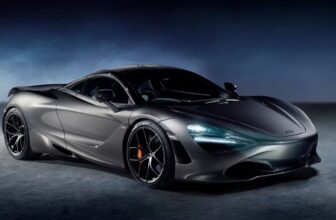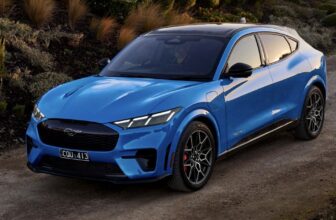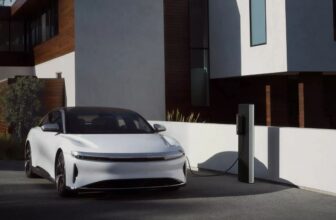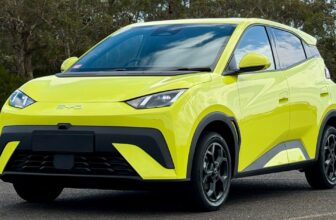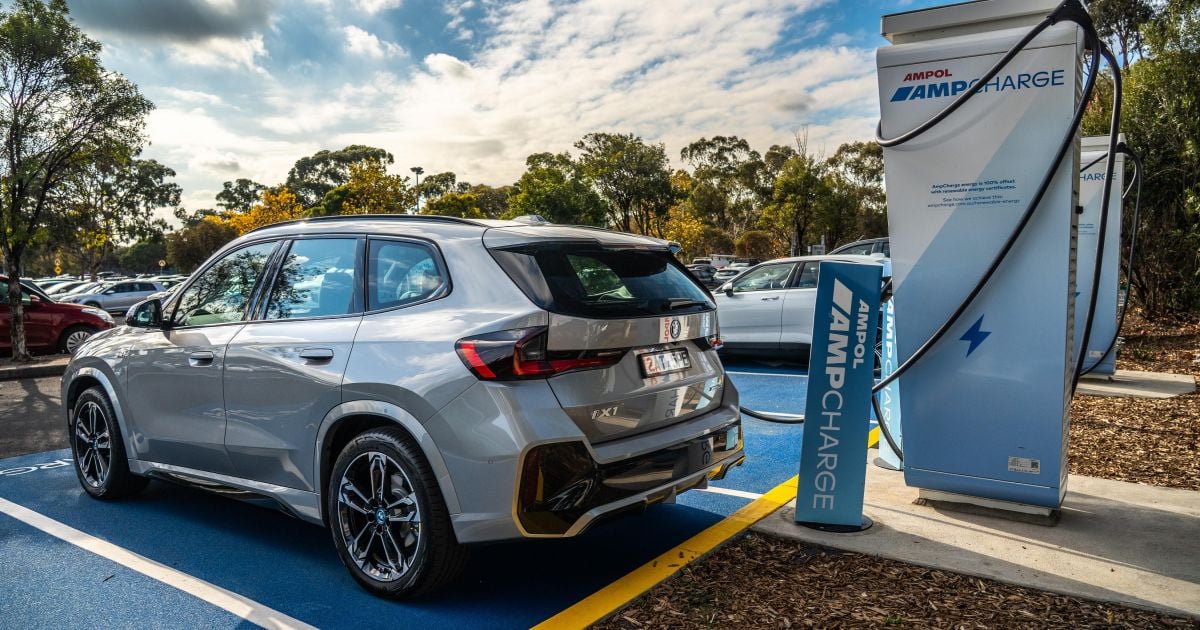
Take a look at our newest merchandise
BMWGroup Australia has joined forces with main Australian battery recycler EcoBatt to launch a brand new nationwide recycling program aimed toward recovering and reusing essential supplies from high-voltage electrical car (EV) batteries.
The initiative kinds a part of BMW’s international push towards a ‘round financial system’ by lowering waste and guaranteeing that priceless minerals from high-voltage lithium-ion batteries – together with lithium, cobalt, nickel, manganese and graphite – are extracted and returned to the manufacturing provide chain.
The recycling course of generates ‘black mass’, which is then equipped to downstream refiners, which get well the minerals and components and return them to manufacturing provide chains to supply new batteries.
CarExpert can prevent 1000’s on a brand new automobile. Click on right here to get a fantastic deal.
Underneath the brand new partnership, BMW and Mini sellers throughout the nation will ship broken or end-of-life EV batteries to EcoBatt’s Battery Discharge Plant in Campbellfield, Victoria.
There, the batteries are safely discharged to take away residual power earlier than being shredded at EcoBatt’s newly opened lithium battery and Battery-in-Gadgets Shredding (BIDS) Plant.
The superior facility, the primary of its form in Australia, can course of as much as 5000 tonnes of batteries yearly and is able to recovering greater than 90 per cent of priceless supplies for reuse. Recovered power from the discharge course of can be repurposed to energy the ability, minimising its carbon footprint.
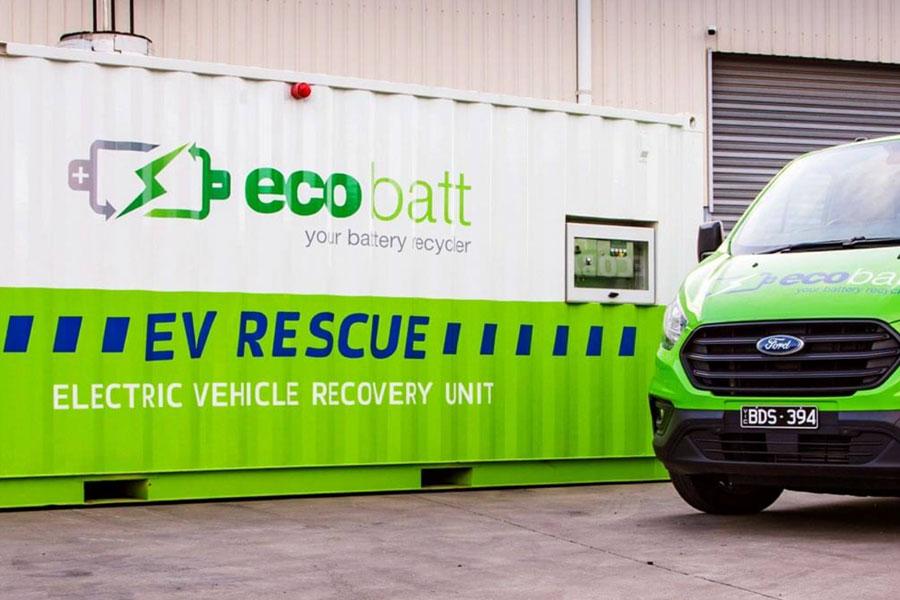
EcoBatt’s Campbellfield plant marks the start of a regional growth, with further BIDS amenities deliberate for Western Australia and New Zealand.
Rising EV adoption throughout Australia has introduced elevated consideration to the dangers related to lithium-ion batteries, notably in hotter climates. EcoBatt has addressing this partly by growing specialised 20-foot transport containers for broken EVs.
The containers enable autos to be safely winched inside and transported to restore centres or recycling amenities. Every container is provided with a sophisticated fireplace suppression system designed to forestall thermal runaway incidents throughout transit.
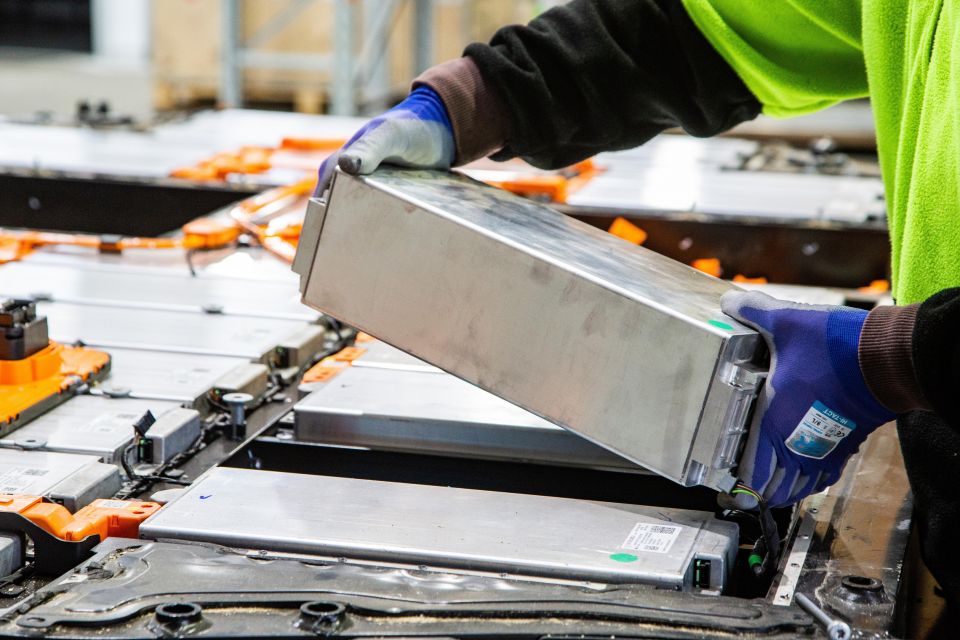
“Security and sustainability are central to the BMW Group’s international technique,” a BMW Group Australia spokesperson mentioned. “By partnering with EcoBatt, we’re guaranteeing that priceless sources are recovered responsibly, whereas maintaining individuals and the atmosphere protected.”
EcoBatt, which additionally holds Australasian rights to main security manufacturers ESE, Bebat, and Cellblock, is about to fee a brand new URT lithium battery recycling plant in 2026, rising capability to 30,000 tonnes per 12 months and additional enhancing Australia’s capacity to get well essential minerals from used batteries.
For its half, BMW says the announcement of the brand new EV recycling scheme in Australia is in alignment with comparable efforts by the BMW Group on a worldwide scale.
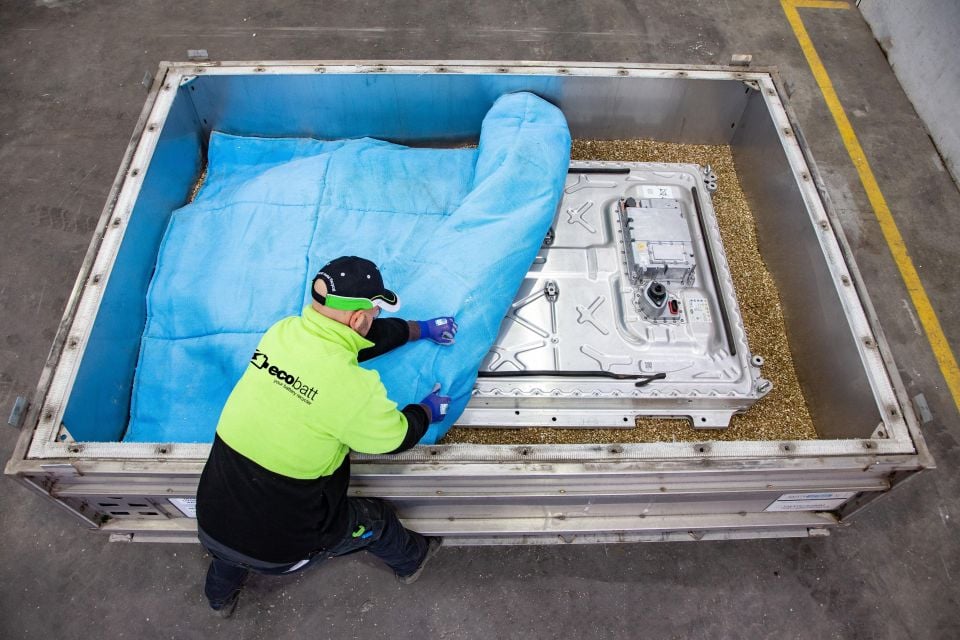
In Germany, the corporate has a long-term partnership with SK tes – a number one supplier of know-how lifecycle options – to get well cobalt, nickel and lithium from used batteries and re-integrate the supplies into the provision chain to supply new batteries.
The BMW Group has owned and operated its personal Recycling and Dismantling Centre (RDC) in Germany for the previous 30 years, the place it recycles 1000’s of autos a 12 months, and likewise companions with trade and academia to develop new EV battery recycling strategies.
Analysis commissioned by the Battery Stewardship Council and carried out by the College of Know-how Sydney in 2023 forecast that 30,000 tonnes of used EV batteries will enter the waste stream in Australia by 2030.
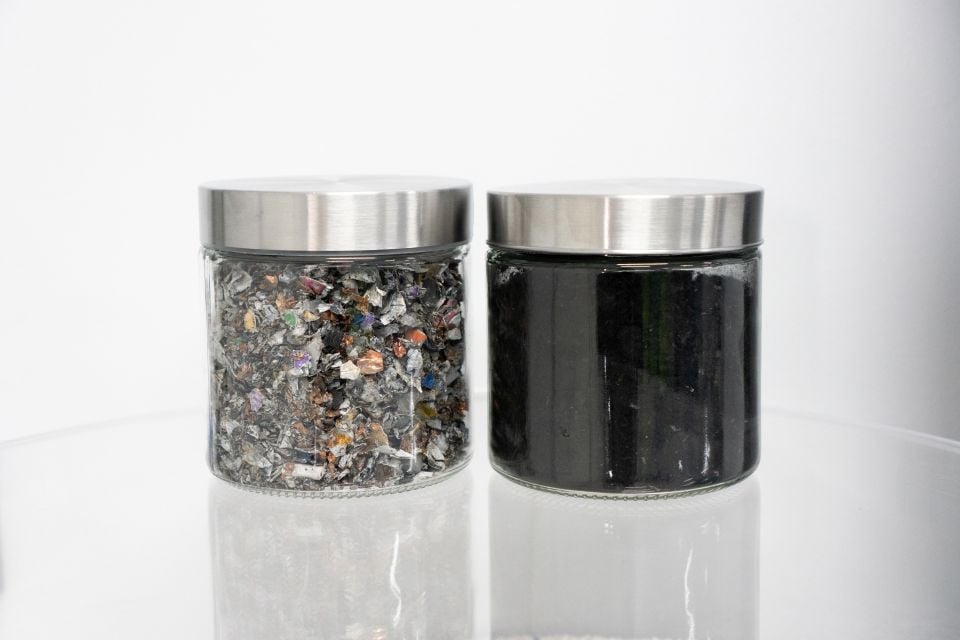
It additionally discovered that:
- By 2030 there will likely be 600,000 tonnes of batteries in EVs offered in Australia
- In 2040 this quantity will develop to greater than 2.5 million tonnes of batteries in EVs offered in Australia
- For 2050 this quantity will develop to greater than 4.1 million tonnes of batteries in EV offered in Australia
- By 2030 the variety of expired EV batteries will develop to virtually 30,000 tonnes each year and by 2040 to greater than 360,000 tonnes each year
- In 2050 the quantity of expired EV batteries coming into the waste stream can have reached 1.6 million tonnes



